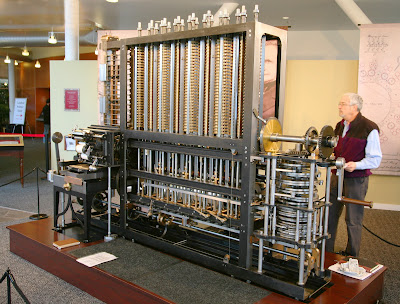WEEK 5: Computers and Laws I: Can Property Be Intellectual?
Pirate Party:
The author explains non-commercial file sharing without infringing on fundamental human rights in the first chapter. Because of secret communication, it is now difficult to stop file-sharing. According to the author, the only method to reduce file-sharing is to prohibit private communication. It is, however, impossible in today's culture. According to the author, non-commercial copyright mostly impacts artists, authors, and musicians.He also offers examples of CDs and concerts of musicians. While musicians make 5 to 7 percent of their money from CDs, they earn 50 percent of their income from performances.
The major concept I took from the book is that the Pirate Party intends to put a abolish to non-commercial copyrights. Today, I liked how the author talked on copyright. He referenced the industries of Wikipedia, MySpace, and YouTube, all of which adhere to copyright laws. The Pirate Party's major objective is to make all non-commercial copying and usage free. The author has written six essential principles that everyone should remember. The major arguments are legalized file sharing, reduced protection terms for the commercial copyright monopoly, free sampling, and a prohibition on DRM. For those who don't know, DRM is "Digital Restrictions Management". It is a way to protect copyrights for digital media.
The author poses an intriguing issue to himself: if file sharing is made free, how can the author earn a living? I liked how he responded to the question. He stated that it is beneficial to artists both creatively and economically.



Comments
Post a Comment